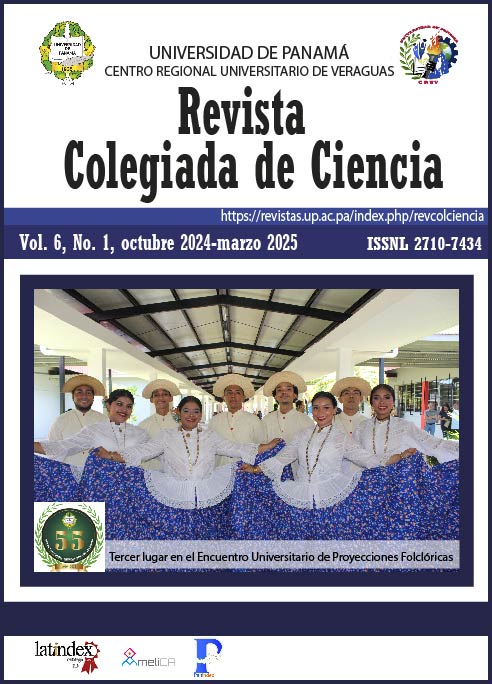

The study focuses on the analysis of social and economic factors, visualized through the perception of teachers and students, with the intention of describing the relationship with the university dropout of the students of the bachelor’s degree in Primary Education of the Cerro Puerco Annex of the Ngäbe Buglé region, year 2022. Its approach is quantitative, descriptive, associated to the non-experimental method.
The results highlight the consensus on the part of teachers and students on the repercussion of economic and social factors in the desertion of the university career; the lack of economic resources and social and family problems are identified as relevant factors by 40% of the teachers. An increase in desertion is perceived, and 80% support the design of proposals to detect its factors, evidencing the complexity of the problem and the need for a comprehensive intervention. In addition, 100% agree on the need to conduct a socioeconomic study to address dropout. The students, for their part, emphasize that dropout has a negative impact on future generations and that teaching methodology influences this phenomenon. Based on the findings, it is concluded that social and economic factors have a significant impact on university drop out, becoming an element of special attention for educational organizations in relation to the socioeconomic well-being of students. The situation of this study highlights the urgency of conducting detailed socioeconomic studies and applying specific interventions to reduce dropout. The research provides evidence that, in addition to economic, access and family difficulties, career guidance and an adapted academic offer are valued by students and are fundamental to improve permanence in higher education, especially in rural and indigenous contexts.